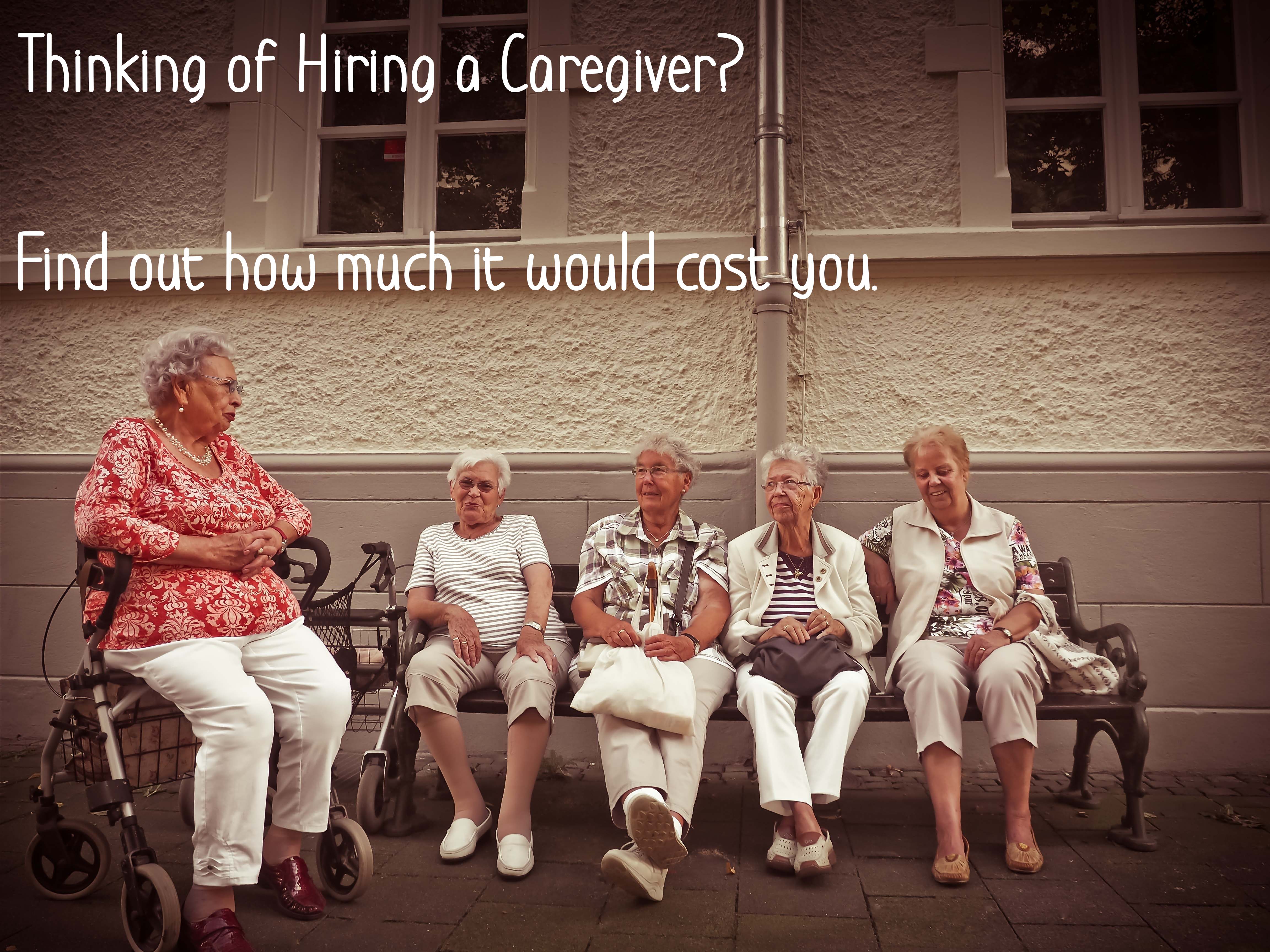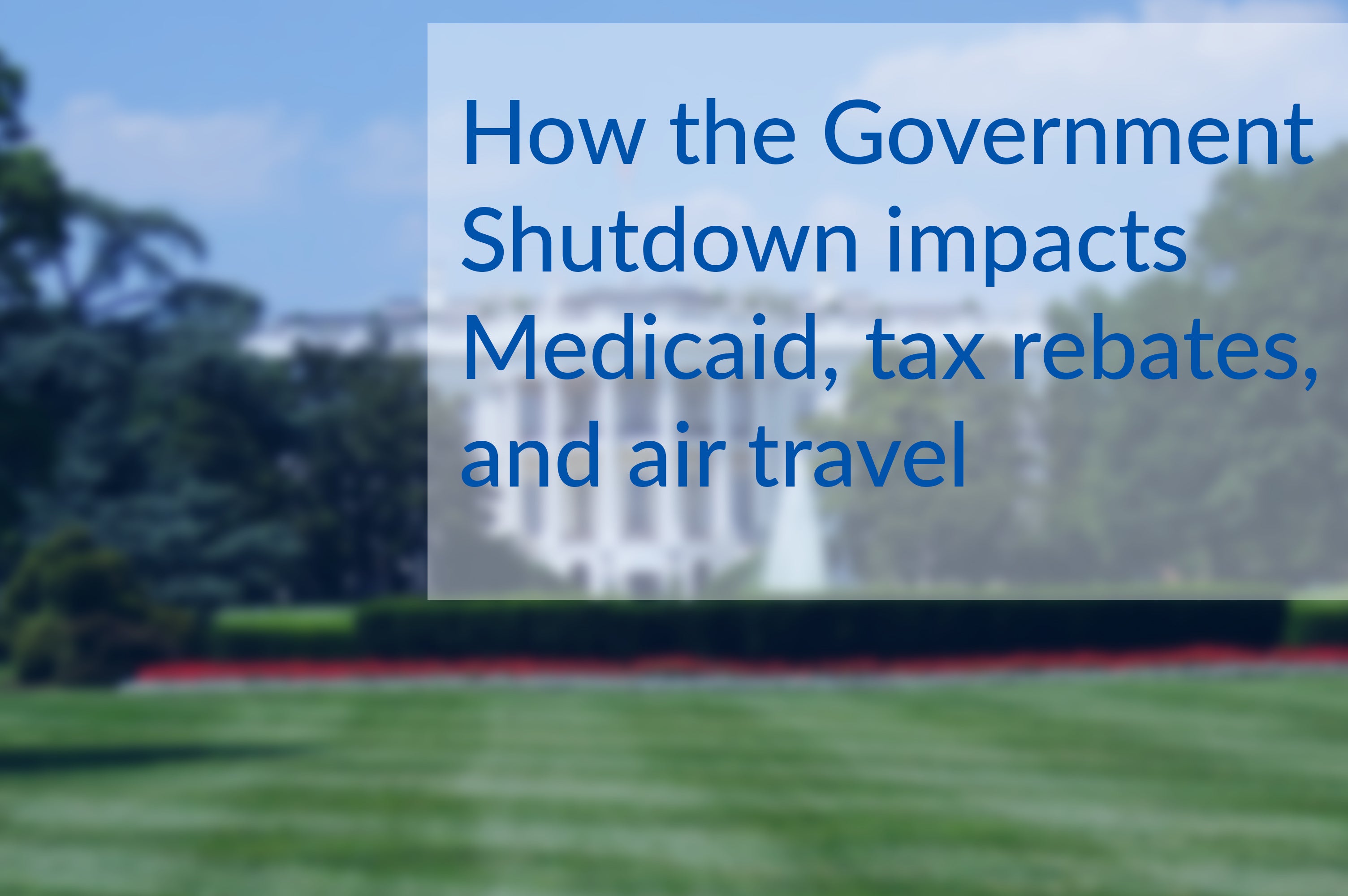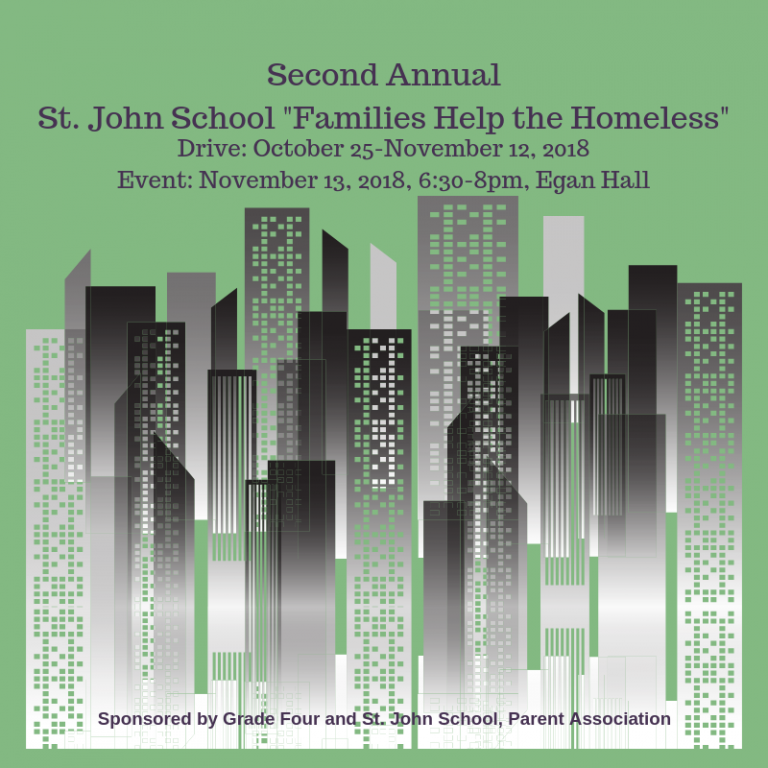Support Your Heart – Socialize
 Being alone can break your heart—literally.
Being alone can break your heart—literally.
People who lack a strong network of friends and family are at greater risk of developing—and dying from—heart disease, research shows. According to some studies, the risk of solitude is comparable to that posed by high cholesterol, high blood pressure, and even smoking.
Experts haven’t pinpointed exactly how social networks protect against heart disease, but there are a number of probable explanations. People who are socially isolated are more likely to drink, smoke, and get less exercise. And once someone has heart disease, friends and family often provide key support, such as picking up prescriptions, encouraging exercise, cooking healthy meals, and helping with household chores.
While that everyday help is important, it’s not the whole story. In recent years, researchers have begun to unravel the cardiovascular effects of social isolation, and they’ve discovered that feeling alone may hurt the heart even more than actually being alone.
“We started looking at social isolation about 20 years ago, and we found fairly quickly that objective social isolation in everyday life isn’t as important as perceived social isolation,” says John Cacioppo, PhD, a professor of psychology at the University of Chicago. “And there’s a term for perceived social isolation: It’s loneliness.”
What we call loneliness—the feeling that you have no one to turn to, that no one understands you—is a form of stress. And if it becomes chronic, it can wreak havoc on your blood vessels and heart.
What is loneliness?
Though the concepts are sometimes used interchangeably, loneliness is distinct from social isolation (also known as low social support). There’s some overlap between the two, but not as much as one might think.
Social support is typically measured using a handful of characteristics such as marital status, number of friends, and participation in group activities (such as churchgoing). Low scores on these measures don’t necessarily correspond to loneliness, however. Some people need more “me” time than others, after all, and some people are content with just one or two close friends.
To factor in these individual preferences, researchers define loneliness as the gap between a person’s desired and actual social relationships—a subjective measure that’s most easily gauged with questionnaires. To put it another way, social isolation mainly describes the extent of a person’s social network, while loneliness emphasizes quality, rather than quantity, and describes the satisfaction and comfort a person derives from their interpersonal relationships. It’s the difference between the amount of food on your plate and how good it tastes.
Cure your loneliness
If you’re at risk for heart disease, and especially if you’ve suffered a heart attack, limiting social isolation and loneliness are both critical.
If you’re feeling socially isolated or lonely, it’s important to tell a medical professional about it (in addition to friends and family who may be able to provide support). Groups such as Mended Hearts, a nonprofit organization that leads support groups and educational programs for people recovering from heart attacks and heart surgery, can help on both counts, by providing practical help as well as a sense of connection. Dale Briggs finally started to feel less isolated when he attended a Mended Hearts meeting and talked to other heart patients. (He has since become a vice-president of the organization.)
There are other steps one can take. Research suggests that adopting a pet may help alleviate stress. A 2001 study in the journal Hypertension examined nearly 50 stockbrokers (i.e., people with high-stress jobs) who were taking a medication for high blood pressure. Half of the stockbrokers were asked to acquire pets, and six months later, researchers tested the blood pressure of the two groups while the stockbrokers performed a stressful task. They found that while the medication helped lower resting blood pressure, only pet ownership mitigated the spike in blood pressure that occurs during mental stress.
People who experience interpersonal relationships as threatening may find the nonjudgmental nature of pets especially beneficial. “The nonjudgmental aspect of pets really provides support, more so than the support that would be provided by a person,” says Erika Friedmann, PhD, a professor at the University of Maryland School of Nursing who has studied the health benefits of pet ownership.
In most cases, however, lonely heart patients may want to consider talk therapy. Cognitive-behavioral therapy can help people understand their emotional and cognitive responses to social relationships, strengthen their social networks, and identify opportunities to make their relationships more meaningful, according to Gollan, who has been working with Cacioppo to translate his research into a clinical context.
“It helps somebody modify their social environment, when they feel that they don’t have the resources or access, or are out of ideas about how to do it,” says Gollan.
Courtesy of Health.com
- Professional Medical














Comments 0